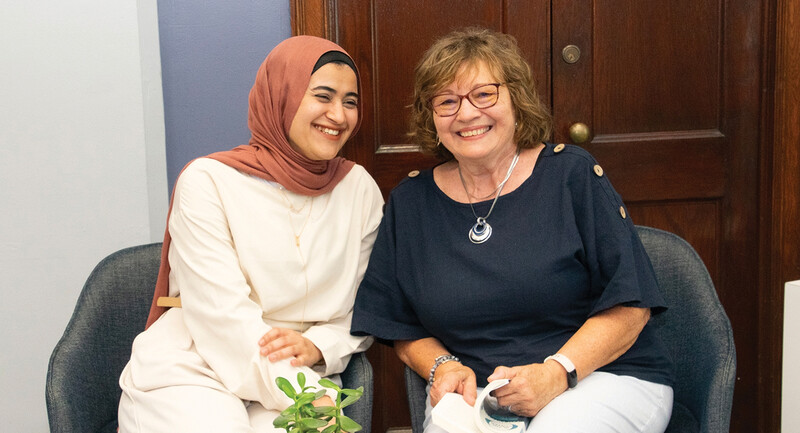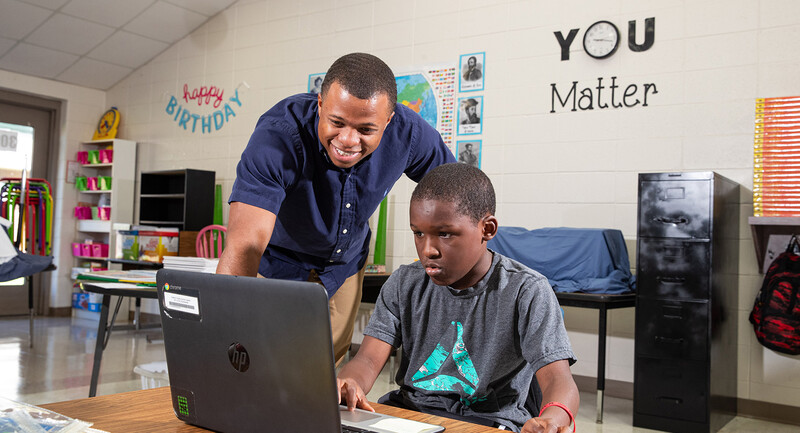For educators at any level of leadership, giving feedback is a crucial part of the job. Knowing exactly how to provide it, and toward what outcome, however, isn't always intuitive. In a partnership with ASCD's Professional Learning Services, the Maywood-Melrose Park, District 89 in Illinois, has been working to clarify the feedback process and reorient school leaders toward one central goal: improving student learning.
The district began working with ASCD three years ago, and as the partnership has evolved, Maywood-Melrose Park has placed more emphasis on principals. Although their school leaders had training on feedback in the past, it hadn't translated to better student outcomes, noted Maribel Taboada, the district's assistant superintendent of curriculum.
"We knew that there was a need for our administrators to be able to give that critical feedback to our teachers," she said.
It is critical to help teachers identify obstacles to student learning on their own.
School turn-around specialist and veteran educator Alisa Simeral has been the ASCD faculty member facilitating this professional learning. After an initial virtual workshop in August 2021, she has visited the district four times this school year to help conduct instructional rounds, in which administrators discuss strategies for giving feedback to teachers before visiting classrooms and counseling their colleagues directly. Simeral explained that the group follows the definition of feedback presented by Grant Wiggins, who argues that feedback should be information aimed at accomplishing a goal. Here, that goal is developing teaching strategies that correlate with stronger student learning
"Usually, you have [specific criteria] that you're looking for in advance as you walk into classrooms," she says. "What's unique in this case is our only 'look for' is student learning."
This kind of formative feedback is not usually what administrators are trained to provide. Delivering it requires confidence—and an ability to look past superficial aspects of teaching practice. For school leaders who, say, need to counsel a chemistry teacher when they themselves don't have experience in that subject, it can be challenging to focus on substantive feedback that is connected directly to the purpose of learning.
"It's so easy to walk into a classroom and go, 'Oh, kids are out of their seats,' or 'Oh, it's really noisy in here,' " says Simeral. But in this professional learning, it is critical to help teachers identify obstacles to student learning on their own. "The minute I tell you what to do, I take away your ownership of it," she says.
That approach has been returning positive dividends. Taboada noted that implementing these professional learning services has correlated with academic growth in the district. "I think we're becoming more in alignment with what we are expecting to see," she says.
The partnership with ASCD also allows leaders from different schools to collaborate directly, something that is new for Maywood-Melrose Park, said Taboada. The district organized four separate PLC teams based on grade levels that meet with Simeral during visits. Having supportive colleagues in Maywood-Melrose Park has been key to the district's success so far.
"Feedback is a lot like that. There are so many factors, and you can't approach it in a linear manner. You have to tackle it piece by piece and keep connecting it all together," says Simeral.
Learn more about ASCD's Professional Learning Services.









